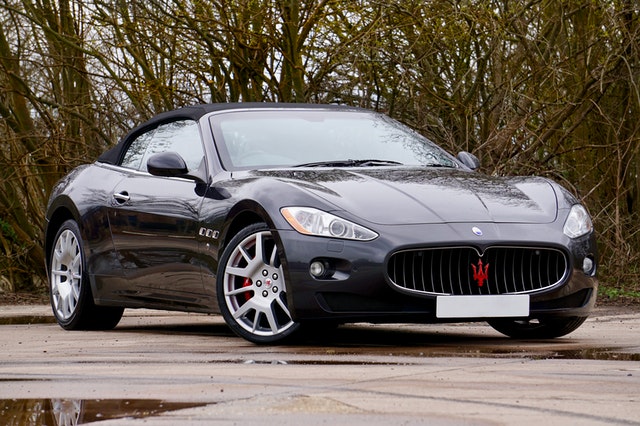The recent First-tier Tribunal case of Tim Norton Motor Services Ltd [2020] UKFTT 503 (TC) underlines how difficult it is for the director of a ‘husband and wife’ company to escape a car benefit charge.
Mr and Mrs Norton owned a company operating a car dealership. The company owned a couple of exotic cars, partly as investments and partly as business promotional tools.
Much of the time the cars were off the road (one of them was ‘kept in the back of a large garage which generally meant shuffling a number of vehicles to get it out’) and Statutory Off-Road Notifications (‘SORNs’) were made to the DVLA, rendering road use illegal. On each occasion on which a car was used for business, vehicle excise duty would be paid before it was used. After use, a further SORN would be made.
Broadly, a car benefit charge arises on a director or employee if and to the extent that a car owned by the employer is ‘available’ for the private use of the director or employee. Actual use is irrelevant: what matters is availability.
Although a number of issues were rehearsed before the Tribunal, the one that concerns us here is whether the making of a SORN renders a car ‘unavailable’ for the period for which the SORN has effect and thus removes the car benefit charge. Common sense might be thought to suggest that it does. The Tribunal, in a decision that endorses HMRC’s published guidance, held that it does not.
HMRC guidance demonstrates the great difficulty facing taxpayers like Mr Norton.
HMRC accept that a car is unavailable if:
- ‘the car is physically incapable of being used, for example it has broken down and has not been repaired, or is still in the garage undergoing repairs [or]
- the employee is unable to gain access to the car because he or she does not have the keys to the car, and has no power or authority to
- direct the person who has the keys to hand them over, or
- direct the person who has the keys to drive the employee to a location of the employee’s choice.’
The second set of bullet points will seldom if ever avail directors of a ‘husband and wife’ company such as the Nortons.
By contrast, HMRC expressly say that a car does not in their view count as unavailable ‘simply because there is no current:
- road tax
- MOT certificate, or
- car insurance.’
The inconsistency of HMRC’s position is apparent:
- if a car has a defect that stops it being used at all, it is ‘unavailable’ (regardless of how cheap and simple it may be to remedy the defect); but
- if it has a defect that merely renders any use illegal and potentially dangerous, it remains ‘available’ (regardless of how costly and difficult it may be to remedy the defect).
This is patently absurd. And the suggestion that a car that lies mouldering at the back of a cowshed uninsured, untaxed and minus MOT is treated for tax purposes in the same way as a vehicle that is used privately on a daily basis is beyond ridiculous.
Sometimes (especially in the case of electric cars) owning via a company can be tax-efficient. In other cases, unless you are enured to the very strong likelihood of a car benefit charge, think twice before owning cars through your company.
For more information, please get in touch with your usual BKL contact or use our enquiry form.
